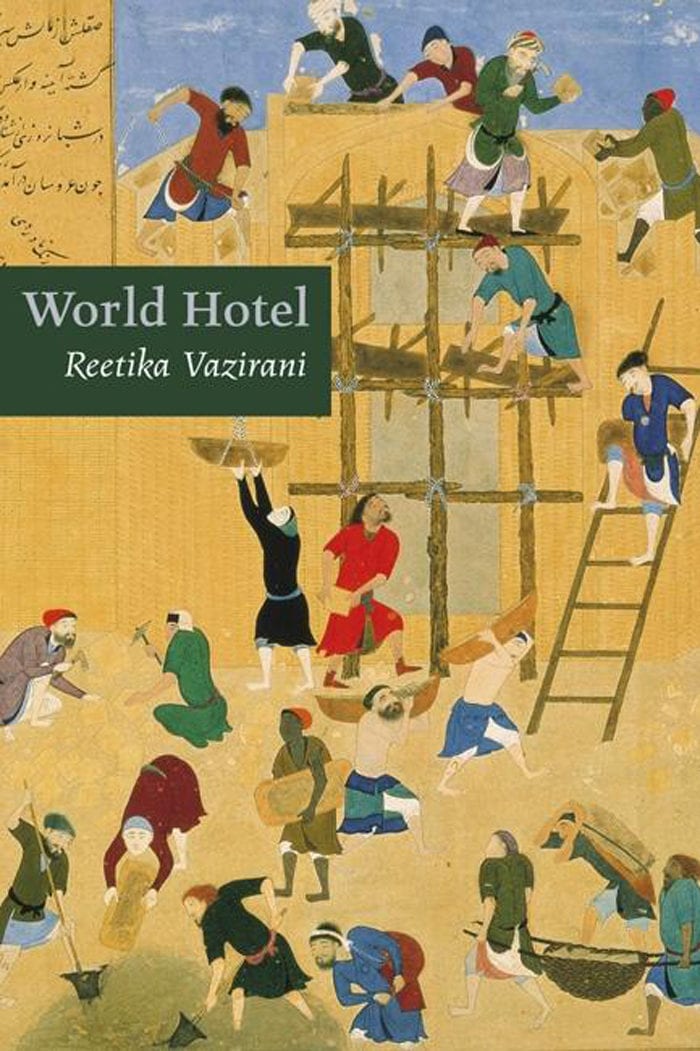
In these memorable poems, Reetika Vazirani explores conflict: between mother and daughter, between lovers, between eastern and western cultures, between colonizers and colonized. She tracks the long, difficult arc of locating, losing, and relocating one’s sense of home during a century marked by travel and emigration. An accomplished storyteller with a gift for lyric grace, her poems provide a unique and timely angle of perception. Through the use of a variety of masks and conversations, she gives voice to a world in which ethnicities are in a state of almost certain flux, a world particularly local and simultaneously cosmopolitan.
ISBN: 9781556591839
Format: Paperback
Lullaby
I would not sing you to sleep.
I would press my lips to your ear
and hope the terror in my heart stirs you.
Reviews
“Eight years after her well-received debut, White Elephants, Vazirani returns with a skillful, inviting sophomore effort, exploring South Asian, North American and Caribbean heritage, geography and language through a variety of masks and voices.” —Publishers Weekly
“I admire the skill with which she creates poetry out of opposites: the sacred and the secular, exile and belonging, humor and wry saddness. Her poetry is a delight.” —Grace Schulman, The Nation
“With their rich, impressionistic catalogings, litanies of proper nouns, mouthed textures—promises, food, lies—Reetika Vazirani’s poems have always concerned themselves with one place: the colonized and colonizing human heart.” —Virginia Quarterly Review
